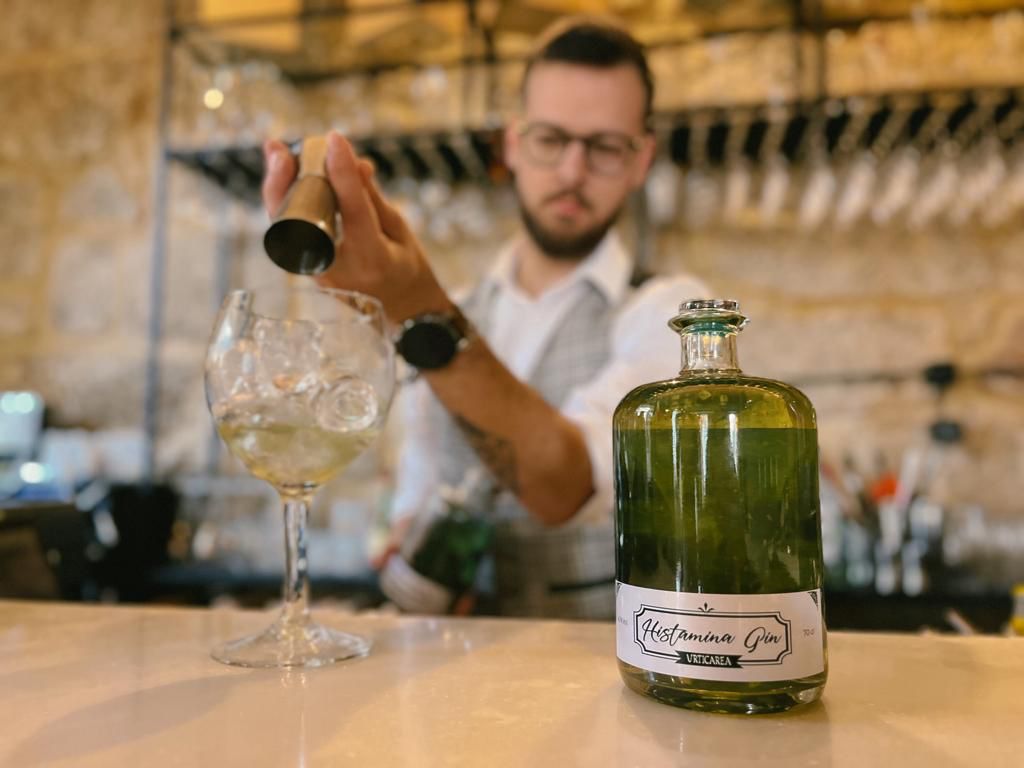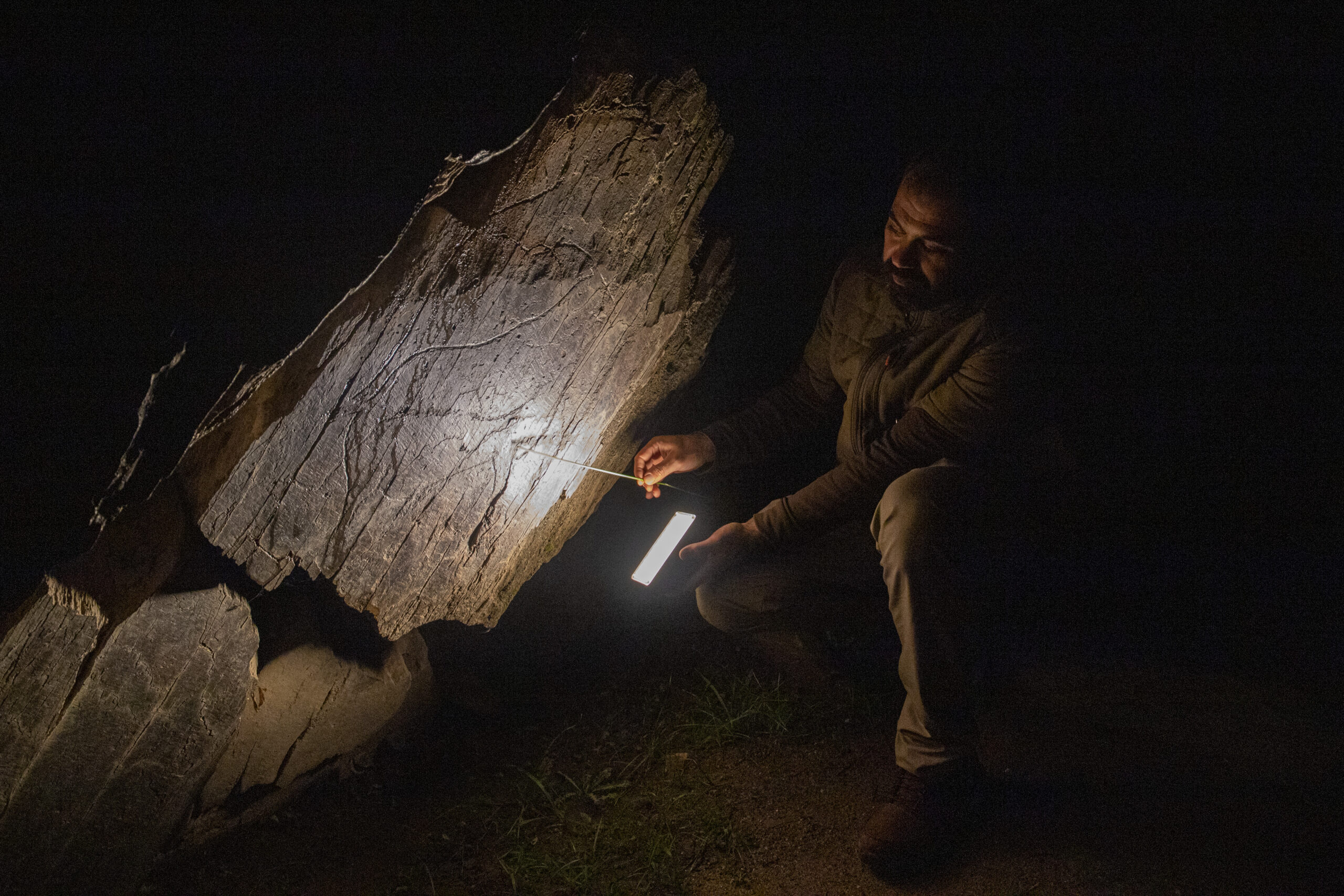Gonçalo Ferreira, a student at ISCAP in Porto, has completed his bachelor’s degree with a thesis dedicated to the impacts of the Wild Côa Network project on the socio-economic development of the Greater Côa Valley, namely through its value-added tourist attraction. The conclusions show a positive and noticeable impact with the capacity to grow even more in the near future. The full article can now be consulted.

‘The Linkage Between Tourism and Local Development: The Case Study of the Greater Côa Valley’. This was the topic selected by the student of the Bachelor’s programme in Creativity and Business Innovation at ISCAP in Porto. Using the Wild Côa Network project as a reference, Gonçalo Ferreira sought to confirm in practice the role that this project, developed by Rewilding Portugal, played in the effective socio-economic development of the Greater Côa Valley region and how its added-value tourism offer affected this development.
The research analysed the rationale and validity of three propositions: (1) tourism can be key to the local development of more isolated regions; (2) more isolated regions, where tourism represents a large part of their economic activity, can survive without mass tourism; (3) partnerships between companies play a fundamental role in their business success. In order to carry out this qualitative research, several interviews were conducted with players with different roles in this project, from those responsible for its implementation at Rewilding Portugal, the organisation promoting the network, to the members themselves.
And the truth is that all these propositions have been validated. The research concluded that tourism plays a fundamental role in boosting the economic and social development of the most isolated regions, where opportunities are scarce and industry is not large enough to sustain these territories. Analysing the Wild Côa Network project, it was found that Rewilding Portugal has sought to boost the Greater Côa Valley through development partnerships, promoting the region as a whole and supporting local companies by developing sustainable business models. Data collection showed that this project has indeed made a very positive contribution to the region, with all the interviewees sharing the same opinion: that it is a project that values the region’s companies and that, through sustainable practices, it boosts local companies, thus contributing to local development and providing the region with a new form of livelihood.

This study has made it possible to gather new information and knowledge about the relationship between tourism and local development. By analysing the results and taking into account the existing literature, it was possible to explore the topic and reach conclusions that could shape the future of regions, companies and the economy. In a practical sense, this study has shown that it is possible for isolated regions to sustain themselves without resorting to mass tourism, so that through partnerships they can create a network like the Wild Côa Network to support local development in a sustainable way, mitigating the difficulties and challenges inherent in more isolated places. In short, this study exposes a new window of opportunity, in the light of an existing project, with a view to the local development of other regions in Portugal that want to follow suit.
The Wild Côa Network, currently made up of 59 members, is a network of businesses in the Greater Côa Valley that share a vision of a more sustainable future. The aim of this network is to promote a nature-based economy in the region. A nature-based economy ensures that the interrelated production and consumption of goods and services promotes the conservation and regeneration of nature and benefits local communities. This project aims precisely to facilitate synergies between companies from different sectors in order to promote a stronger business environment that fosters co-operation rather than competition; to facilitate the marketing of the region as a whole, promoting its cultural and natural values; to support local companies in developing sustainable business models according to the principles of rewilding and to promote partnerships between tourism-related entities for the creation of new tourist packages, always using the rewilding movement as the basis of their offer and generator of opportunities for these same businesses.
Check out the full article here: https://rewilding-portugal.com/wp-content/uploads/sites/3/2024/10/Final-Thesis-Greater-Coa-Valley-1.pdf